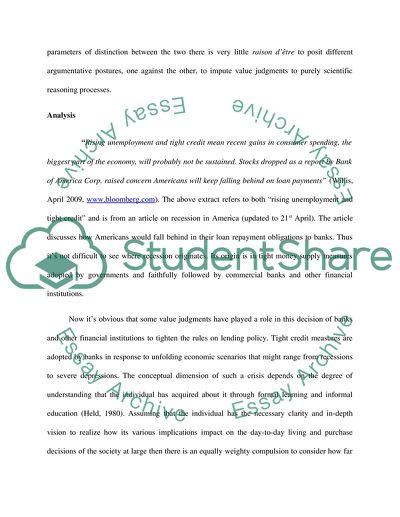Cite this document
(Max Weber and the Problems of Value Free Social Science Research Paper, n.d.)
Max Weber and the Problems of Value Free Social Science Research Paper. Retrieved from https://studentshare.org/finance-accounting/1723142-using-different-newspaper-articles-on-the-recession-and-its-origins-in-the-credit-crunch-assess-how-webers-explanation-of-value-judgments-and-evidence-might-help-us-understand-the-different-views
Max Weber and the Problems of Value Free Social Science Research Paper. Retrieved from https://studentshare.org/finance-accounting/1723142-using-different-newspaper-articles-on-the-recession-and-its-origins-in-the-credit-crunch-assess-how-webers-explanation-of-value-judgments-and-evidence-might-help-us-understand-the-different-views
(Max Weber and the Problems of Value Free Social Science Research Paper)
Max Weber and the Problems of Value Free Social Science Research Paper. https://studentshare.org/finance-accounting/1723142-using-different-newspaper-articles-on-the-recession-and-its-origins-in-the-credit-crunch-assess-how-webers-explanation-of-value-judgments-and-evidence-might-help-us-understand-the-different-views.
Max Weber and the Problems of Value Free Social Science Research Paper. https://studentshare.org/finance-accounting/1723142-using-different-newspaper-articles-on-the-recession-and-its-origins-in-the-credit-crunch-assess-how-webers-explanation-of-value-judgments-and-evidence-might-help-us-understand-the-different-views.
“Max Weber and the Problems of Value Free Social Science Research Paper”, n.d. https://studentshare.org/finance-accounting/1723142-using-different-newspaper-articles-on-the-recession-and-its-origins-in-the-credit-crunch-assess-how-webers-explanation-of-value-judgments-and-evidence-might-help-us-understand-the-different-views.


